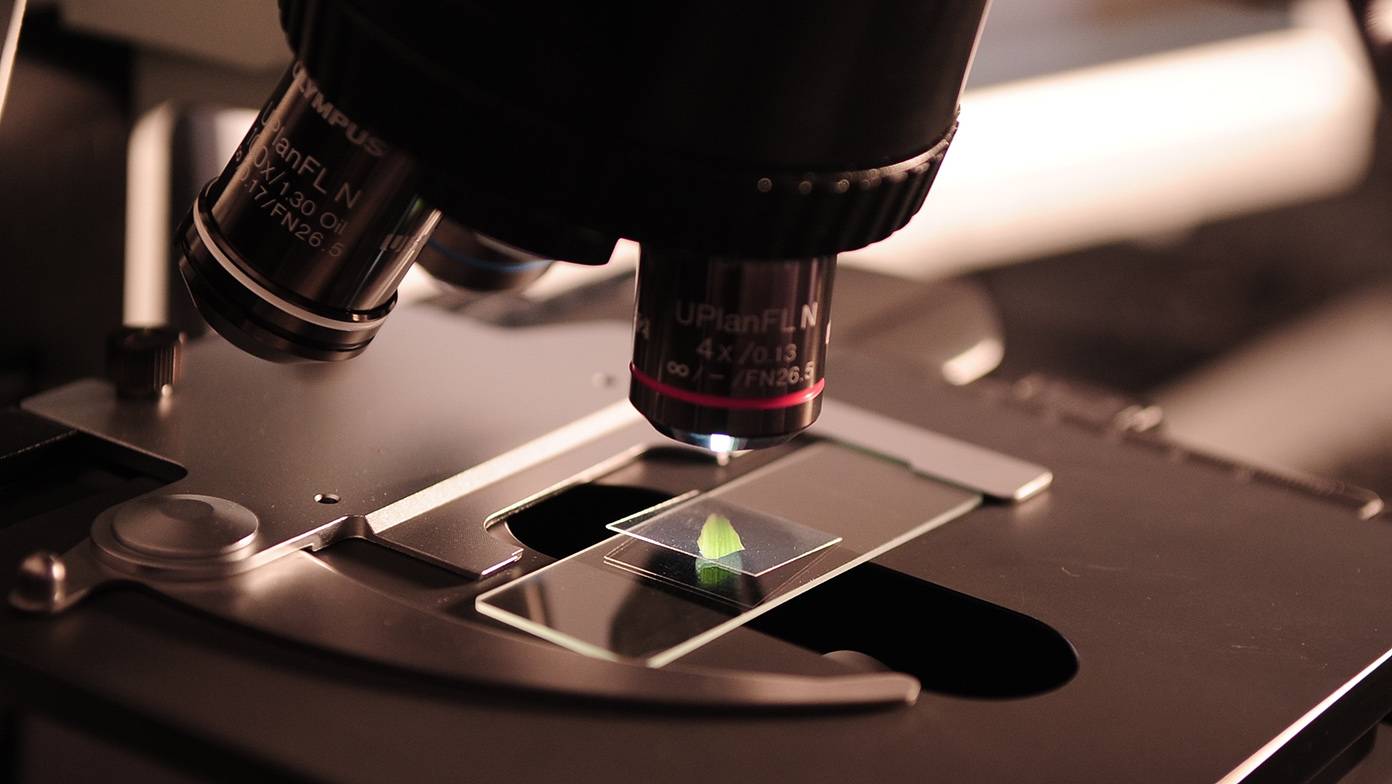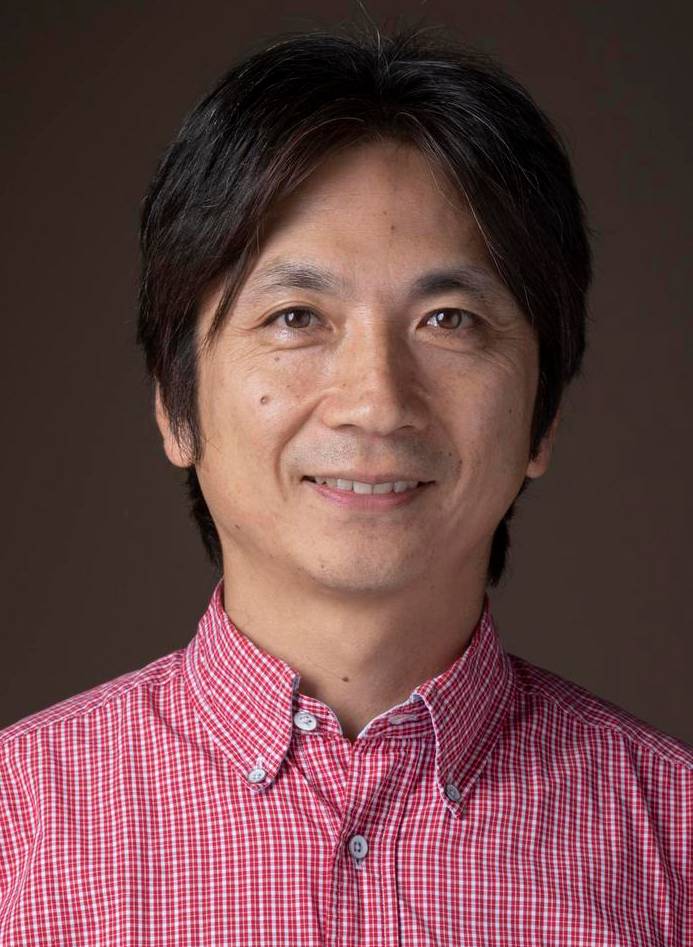Jayme Blaschke | June 8, 2022


Yoichi Miyahara, assistant professor in the Department of Physics at Texas State University, has received a National Science Foundation grant to develop a new type of scanning probe microscope which can be used for investigating exotic quantum materials as well as enabling the visualization of nanometer scale quantum electronic devices.
Once developed, the cutting-edge microscope would be an instrument unique to Texas State and establish the university as one of the leaders in materials science research on quantum science and technology.
Miyahara will serve as the principal investigator for the $420,000 grant, in collaboration with Sergei Studenikin of the National Research Council Canada and Koji Ishibashi of Riken, Japan, Nikoleta Theodoropoulou of Texas State, Xiaoquin E. Li of the University of Texas at Austin and Yasuyuki Nakajima of the University of Central Florida.
The proposed instrument would operate at cryogenic temperatures and detect extremely small quantities of electric charge. This will enable visualization of the charge/potential distribution of samples with unprecedented resolution, fostering the investigation of a broad range of intriguing physics.
The design employs a probe in which a quantum dot is built onto an atomic force microscopy (AFM) tip.
The microscope has the potential for broad application in areas including material physics, nanoelectronic/quantum device characterization and surface chemistry. Advanced research into exotic quantum materials, such as quantum Hall and topological material systems, is another field in which the new instrument holds great promise. It can also be used to study the charge state of individual atoms and molecules.
The development of the new microscope dovetails neatly with existing materials science research at Texas State. Participating graduate and undergraduate students will gain valuable insight and experience in the science of precision instrumentation development and subsequent research activities.
Share this article
For more information, contact University Communications:Jayme Blaschke, 512-245-2555 Sandy Pantlik, 512-245-2922 |
